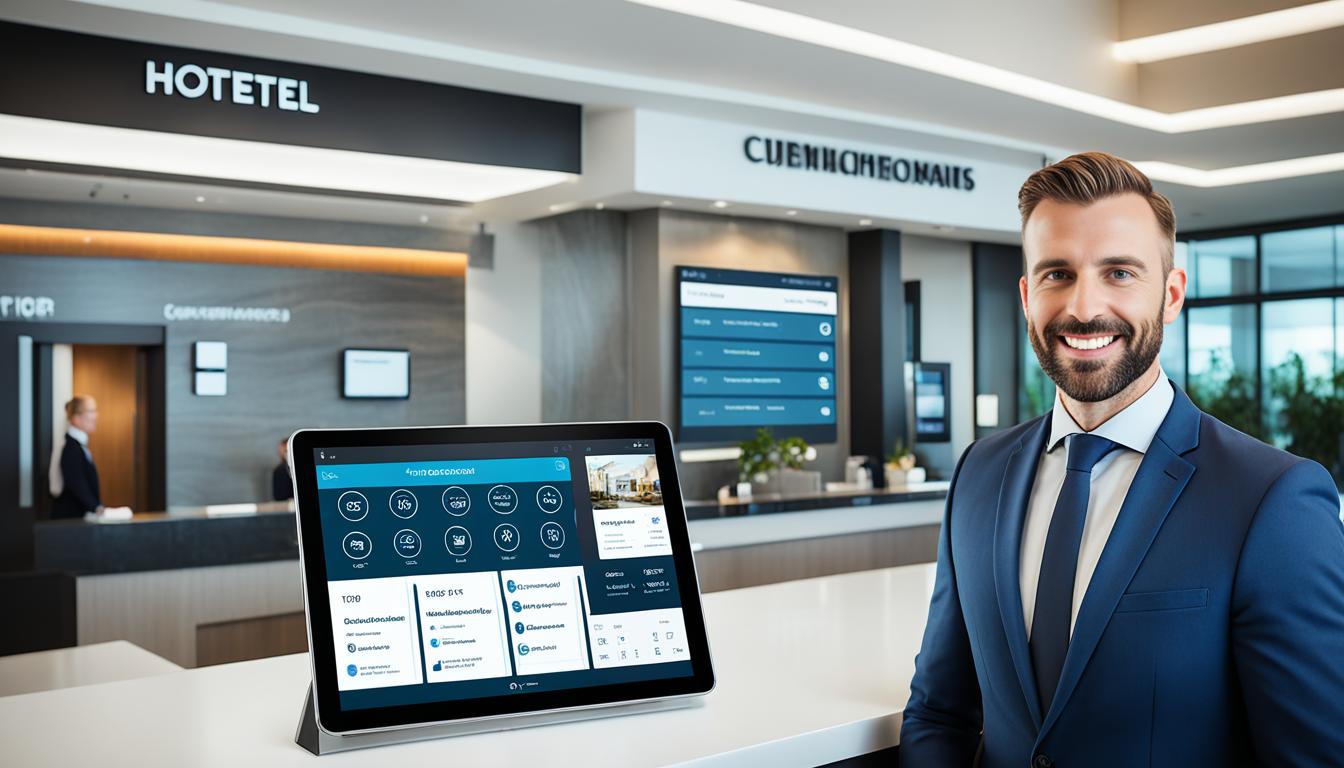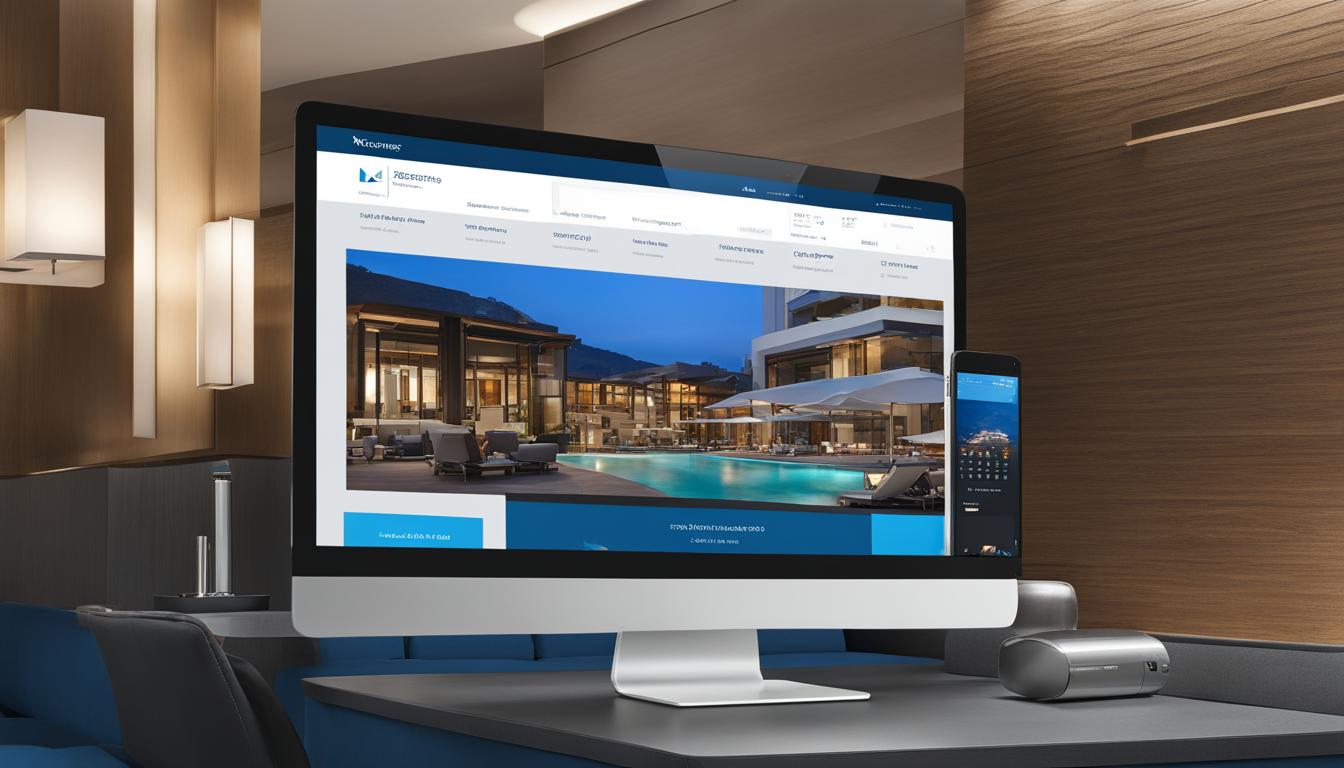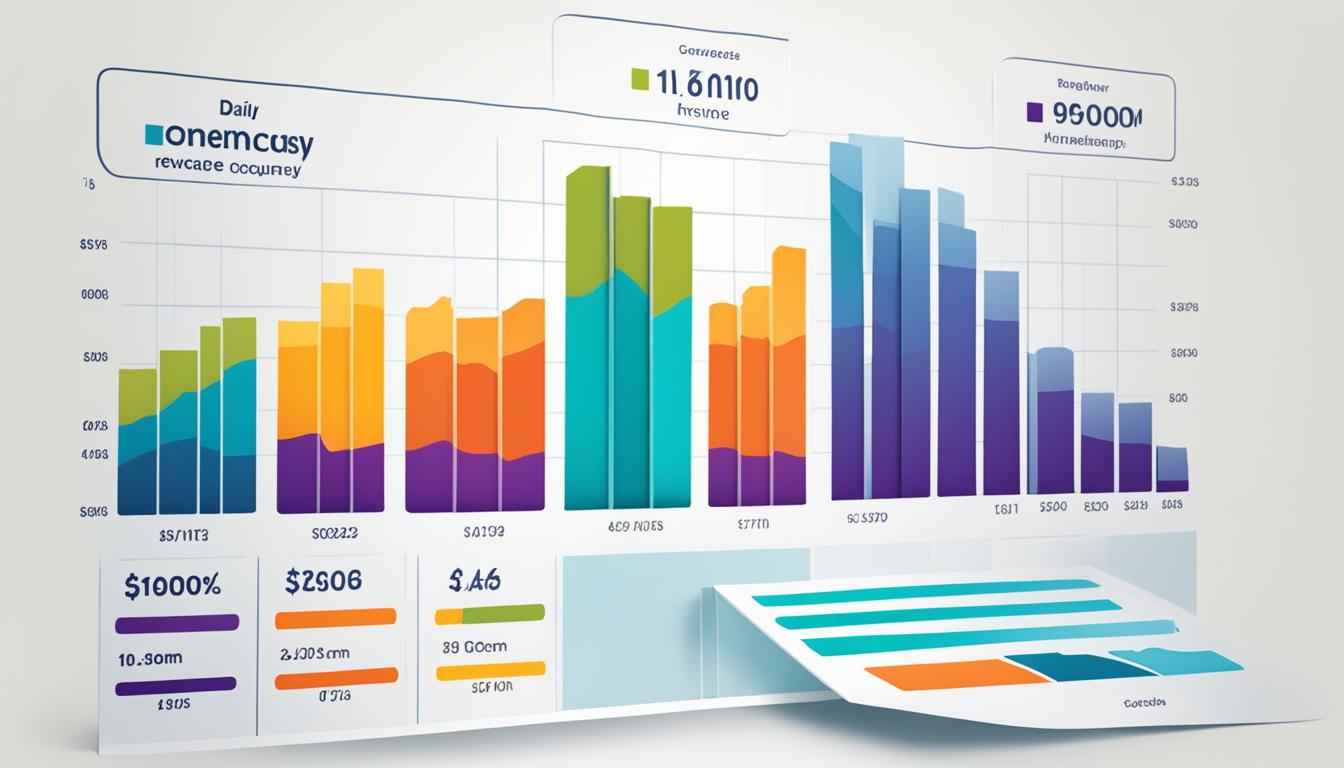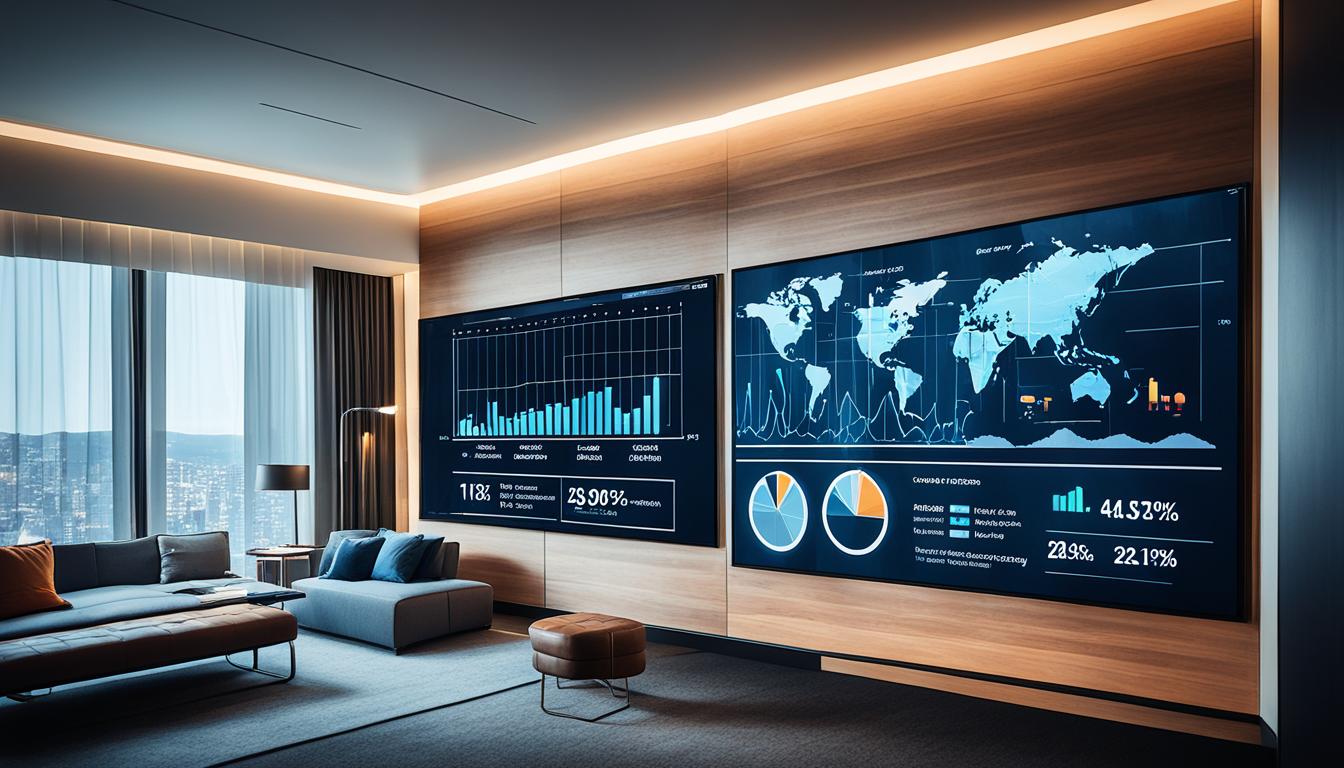Welcome to our comprehensive guide on building strong relationships with suppliers. In today’s competitive business landscape, fostering healthy and mutually beneficial partnerships with suppliers is crucial for long-term success and growth. By establishing trust, open communication, and collaborative efforts, businesses can unlock a multitude of advantages that extend far beyond the procurement process. In this article, we will explore the importance of supplier relationships and provide valuable tips to enhance your interactions with suppliers, ultimately driving business success and achieving mutual growth.
Effective supplier relationships are a cornerstone of business success. They contribute to cost efficiency, product quality, and customer satisfaction. By cultivating strong partnerships, businesses can streamline their operations, enhance their reputation, and gain a competitive edge in the market. Collaborative supplier relationships also play a vital role in fostering innovation and expanding market opportunities.
This article will delve into the intricacies of supplier relationships, focusing specifically on the hospitality industry. We will explore why supplier relationships matter in this sector and how they impact operational efficiency, cost management, and customer experience in the hotel industry. Additionally, we will introduce PlanetHMS, a leading provider of hospitality management systems, and discuss their suite of tools that can facilitate effective supplier interactions in this industry.
To cultivate strong supplier relationships, it is important to adopt best practices that promote communication, trust, and collaboration. We will provide actionable tips and strategies that businesses can implement to nurture successful supplier relationships. Additionally, we will explore how leveraging technology can enhance supplier relationships by streamlining communication, order management, and payment processes.
Throughout this article, we will emphasize the importance of building strong supplier relationships in driving business success. We will provide insights and practical advice to help you establish and maintain mutually beneficial partnerships with your suppliers. So, let’s dive in and discover the tips and strategies that can transform your supplier relationships and take your business to new heights of success and mutual growth.
Why Supplier Relationships Matter in the Hospitality Industry
In the highly competitive hospitality industry, strong supplier relationships are essential for success. These relationships have a significant impact on various aspects of a hospitality business, including operational efficiency, cost management, product quality, and customer satisfaction.
When it comes to operational efficiency, having robust supplier relationships allows businesses in the hospitality industry to streamline their supply chain processes. Effective collaboration with suppliers ensures timely and reliable delivery of goods and services, reducing the risk of disruptions and delays. This efficiency enables hotels, restaurants, and other hospitality establishments to meet the demands of their customers and maintain smooth operations.
Cost management is another crucial factor affected by supplier relationships. By establishing long-term partnerships with suppliers, businesses in the hospitality industry can negotiate favorable pricing, volume discounts, and credit terms. These benefits can significantly impact the bottom line, allowing companies to optimize their procurement costs and increase profitability.
Product quality is paramount in the hospitality industry, where customer satisfaction is paramount. The quality of ingredients, materials, and equipment provided by suppliers directly affects the final product or service delivered to guests. Strong supplier relationships enable businesses to ensure consistent quality by choosing reliable and reputable suppliers who share their commitment to excellence.
Customer satisfaction is the ultimate goal in the hospitality industry. By cultivating strong supplier relationships, businesses can provide their customers with exceptional experiences. Timely deliveries, high-quality products, and customized solutions made possible through these relationships contribute to customer satisfaction and loyalty.
Overall, supplier relationships play a vital role in the success of businesses in the hospitality industry. From operational efficiency to cost management, product quality, and customer satisfaction, fostering strong supplier relationships is a strategic imperative. In the next section, we will explore one of the leading providers of hospitality management systems, PlanetHMS, and how their tools can enhance supplier interactions in the industry.
Understanding PlanetHMS: A Leading Hospitality Management System Provider
Welcome to the world of PlanetHMS, a renowned provider of cutting-edge hospitality management systems. With a focus on delivering innovation and excellence, PlanetHMS offers a comprehensive suite of solutions designed to elevate the operations of hotels and other businesses in the hospitality industry.
At the heart of PlanetHMS is their advanced hospitality management system. This robust software empowers hoteliers to effectively manage all aspects of their operations, from reservations and guest profiles to housekeeping and invoicing. With PlanetHMS, hoteliers can streamline their workflows, optimize efficiency, and provide unparalleled guest experiences.
One of the standout features of PlanetHMS is their hotel channel manager. This tool enables hotels to seamlessly distribute their inventory across various online booking channels, such as OTAs (Online Travel Agencies) and GDS (Global Distribution Systems). By centralizing inventory management, hoteliers can maximize their visibility, minimize the risk of overbookings, and increase revenue.
Additionally, PlanetHMS offers a state-of-the-art hotel booking engine, designed to enhance direct bookings on the hotel’s official website. This user-friendly and customizable booking engine enables guests to easily search for availability, rates, and promotions, ultimately driving direct revenue and reducing dependence on third-party booking platforms.
Streamlining Online Presence
Another noteworthy product from PlanetHMS is their hotel website builder. This intuitive platform empowers hotels to create stunning and functional websites that captivate guests and drive direct bookings. With drag-and-drop functionality, customizable templates, and seamless integration with other PlanetHMS solutions, hoteliers can effortlessly establish a compelling online presence.
For hotels that seek to organize and manage events seamlessly, PlanetHMS offers an advanced hotel event manager software. This feature-rich solution automates event management processes, from contract creation and room block management to audiovisual equipment tracking and billing. With PlanetHMS, hotels can elevate their event hosting capabilities while delivering exceptional experiences to clients.
PlanetHMS is committed to providing exceptional customer support, ensuring that their clients have the assistance they need every step of the way. To learn more about PlanetHMS and their suite of solutions, including the hospitality management system, hotel channel manager, hotel booking engine, hotel website builder, and hotel event manager software, contact their dedicated team at [email protected].
Best Practices for Cultivating Strong Supplier Relationships
Building and maintaining strong supplier relationships is crucial for the success of any business. Effective communication, trust, and collaboration are the cornerstones of cultivating these relationships. By implementing best practices, businesses can foster a solid foundation with their suppliers, leading to improved cooperation, increased efficiency, and mutual growth.
1. Effective Communication: Clear and open communication is vital to developing strong supplier relationships. Regularly engage in open dialogue with suppliers to share expectations, provide feedback, and address any concerns. Use various communication channels such as email, phone calls, and video conferences to establish a transparent line of communication.
2. Building Trust: Trust is the foundation of any successful relationship. Take proactive steps to build trust with your suppliers by honoring commitments, being transparent about business practices, and maintaining confidentiality. Trust builds a strong bond that encourages suppliers to go above and beyond to meet your needs.
3. Fostering Collaboration: Collaboration is key to creating a win-win scenario for both parties. Foster collaboration by involving suppliers in strategic decision-making processes and seeking their input in product development or process improvement. Collaboration creates a sense of shared ownership and encourages suppliers to contribute their expertise and innovative solutions.
4. Negotiating Favorable Terms: When negotiating with suppliers, strive for mutually beneficial terms. Avoid solely focusing on price and consider other aspects such as quality, delivery timelines, and payment terms. A balanced approach to negotiation ensures a fair and sustainable relationship that benefits both parties in the long run.
5. Managing Expectations: Clearly define and communicate your expectations to suppliers to establish shared understanding. Set realistic goals and deadlines and ensure both parties are aligned on performance metrics, delivery schedules, and quality standards. This proactive approach minimizes misunderstandings and promotes a harmonious working relationship.
6. Resolving Conflicts: Conflicts are inevitable in any relationship, including those with suppliers. When conflicts arise, address them promptly and constructively. Seek resolution through open dialogue, compromise, and finding common ground. Conflict resolution demonstrates a commitment to maintaining a positive relationship and paves the way for long-term collaboration.
By following these best practices, businesses can develop strong and resilient supplier relationships that contribute to their overall success. Remember that successful supplier relationships require ongoing effort, so continuously assess and refine your approach to ensure their effectiveness.
Leveraging Technology to Enhance Supplier Relationships
In today’s fast-paced business environment, technology plays a crucial role in driving efficiency and effectiveness. When it comes to supplier relationships, leveraging digital tools and automation solutions can significantly enhance collaboration, streamline processes, and create a foundation for mutual growth.
One of the key benefits of technology in supplier relationship management is improved communication. With the help of integrated communication platforms, such as email and instant messaging, businesses can easily exchange information, discuss requirements, and clarify expectations with their suppliers. This real-time communication enables faster decision-making and minimizes the chances of miscommunication, leading to smoother interactions and stronger relationships.
Another area where technology proves invaluable is order tracking. By implementing advanced tracking systems, businesses can monitor the progress of their orders in real-time. This allows both the buyer and the supplier to have a clear view of the order status, ensuring timely deliveries and proactive issue resolution. As a result, businesses can maintain high levels of customer satisfaction while minimizing disruptions in the supply chain.
Furthermore, digital tools can revolutionize inventory management processes. Through automated inventory tracking systems, businesses can keep a close eye on stock levels, monitor consumption patterns, and even predict future demand. With accurate and up-to-date data, businesses can make informed decisions about inventory replenishment, reducing the risk of stockouts or excess inventory. This optimization not only improves operational efficiency but also fosters closer collaboration with suppliers, who can align their production and delivery schedules accordingly.
Payment processes can also be streamlined through technology. With online payment platforms and electronic invoicing systems, businesses can easily make and receive payments, reducing the administrative burden and minimizing the chances of errors. Automated payment reminders and digital record-keeping further enhance transparency and accountability, strengthening trust and reliability between the buyer and the supplier.
The use of technology in supplier relationship management empowers businesses with the necessary tools to automate repetitive tasks, optimize processes, and build more robust connections with their suppliers. By embracing digital transformation, businesses can leverage the power of technology to enhance supplier relationships and drive favorable outcomes in the dynamic marketplace.
Conclusion
In conclusion, building strong supplier relationships is crucial for achieving business success in the hospitality industry. The insights provided in this article demonstrate the profound impact that supplier relationships have on operational efficiency, cost management, product quality, and customer satisfaction. By cultivating healthy and collaborative partnerships with suppliers, businesses can ensure mutual growth and long-term success.
Throughout the article, we have explored various best practices for nurturing successful supplier relationships. Effective communication, trust-building, collaboration, and leveraging technology are key aspects that should be prioritized. By implementing these tips and strategies, businesses can strengthen their supplier relationships and enhance overall operations.
As the hospitality industry continues to evolve, it becomes increasingly important to prioritize supplier relationships as a strategic advantage. By fostering positive relationships with suppliers, businesses can gain a competitive edge, access innovative products and services, and negotiate favorable terms. The benefits of strong supplier relationships extend beyond mere transactions, allowing businesses to achieve sustainable growth and foster a positive reputation in the market.







